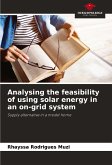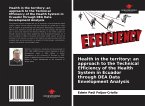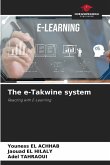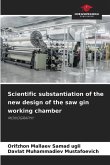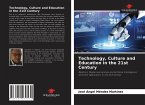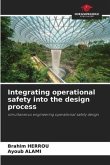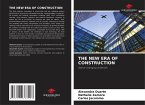When we studied the reuse of grey water and the water policy programmes of the Brazilian semiarid region, such as the cisterns of the P1MC (one million cisterns programme) and P1+2 (one land and two waters programme) in rural communities, we observed that the problem of water scarcity and the dependence on water refills from tanker trucks generates what can be called a rupture in the process of water autonomy and a weakening of agro-ecological actions. Furthermore, the lack of public policies for the treatment of rural sewage causes families to repeat practices of inadequate management of this untreated water, contaminating the soil and putting their health at risk. The objective of this work is to evaluate the use of the social technology for the reuse of greywater from the Bioagua system through the reports and experiences of the farming families. It was possible to observe that the families of the São Domingos settlement in the municipality of Cubati-PB still depend on water recharges; however, with the introduction of social water technologies and the integrated use of greywater reuse, this quantity decreased.
Bitte wählen Sie Ihr Anliegen aus.
Rechnungen
Retourenschein anfordern
Bestellstatus
Storno


